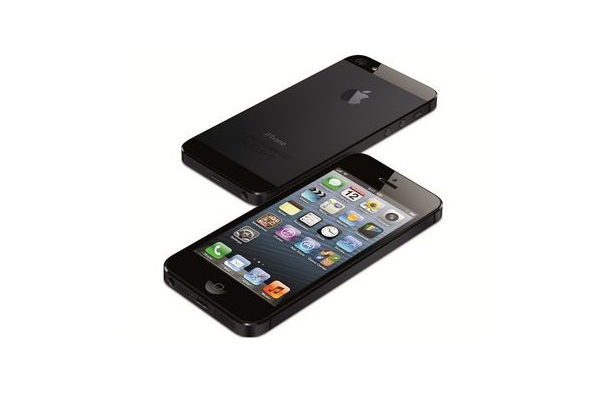The 12 month contract is dead
Mobile network O2 has axed 12-month contracts across its entire range, signalling the start of an industry-wide move towards 18 and 24-month obligations only in the UK.

Sign up today and you will receive a free copy of our Future Focus 2025 report - the leading guidance on AI, cybersecurity and other IT challenges as per 700+ senior executives
You are now subscribed
Your newsletter sign-up was successful
Not so long ago, you could wander into your local mobile phone store, sign your life away for a year and leave with a shiny new mobile phone and an airtime deal.
Well, you can still do that today, and often leave with more than just a free phone, with networks and retailers bundling everything from Nintendo Wii's to laptops alongside contract phones and broadband dongles in an effort to persuade consumers and business customers to commit to a minimum contract.
However, the length of most minimum contracts has started to creep up over the last two years, partly as mobile networks try to impose the longer contracts that are the norm in the US on their UK and European businesses, and also as a means to improve average revenue per user (ARPU) and reduce churn.
With most 12 month contracts relegated to either the most basic of handsets or hidden away to be used as a customer retention offer of last resort, the trend in the UK has been towards 18 and 24 months minimum commitments, particularly for business customers where 24 month data contracts are already commonplace.
According to a report published today by Mobile, the Spanish-owned mobile operator O2 has now become the first UK mobile phone network to drop 12 month deals altogether, from both its direct sales operation and via independent resellers such as Carphone Warehouse.
The decision is backed up by data from research house GfK, which reveals that 18-month contracts now account for 84 per cent of all contract sales in the UK, while 24 month contracts account for 10 per cent, having risen as high as 17 per cent in March.
Other networks are not yet ready to throw in the towel however, with 3 still offering 12 months deals with free handsets on 12 month and even six month deals, T-Mobile is still offering 12-month contracts and free phones on its Combi plan, Vodafone offers a multitude of 12-months deals from 25 to 80 a month, while Orange has a small number of 12 month plans tucked away on its website.
Sign up today and you will receive a free copy of our Future Focus 2025 report - the leading guidance on AI, cybersecurity and other IT challenges as per 700+ senior executives
-
 AWS CEO Matt Garman isn’t convinced AI spells the end of the software industry
AWS CEO Matt Garman isn’t convinced AI spells the end of the software industryNews Software stocks have taken a beating in recent weeks, but AWS CEO Matt Garman has joined Nvidia's Jensen Huang and Databricks CEO Ali Ghodsi in pouring cold water on the AI-fueled hysteria.
-
 Deepfake business risks are growing
Deepfake business risks are growingIn-depth As the risk of being targeted by deepfakes increases, what should businesses be looking out for?
-
 Mobile phone operators hike up access charges
Mobile phone operators hike up access chargesNews The price increase affects calls to 084, 087, 09 and 118 numbers
-
 BT returns to mobile market with super-cheap 4G
BT returns to mobile market with super-cheap 4GNews But can the telco muscle in on mobile without offering top-end consumer phones?
-
 Dell ties up with O2 to punt out-of-box mobile connectivity
Dell ties up with O2 to punt out-of-box mobile connectivityNews NetReady PAYG Sim pre-installed in laptops and tablets
-
 O2 splits tariffs to allow early phone upgrades
O2 splits tariffs to allow early phone upgradesNews Mobile operator to allow customers to get the new phone they want without ditching airtime contract.
-
 Orange and T-Mobile customers hit with 3.3% price hike
Orange and T-Mobile customers hit with 3.3% price hikeNews Pay monthly customers to pay around 70p more a month, operators confirm.
-
 O2 to ship all phones without chargers by 2015
O2 to ship all phones without chargers by 2015News Mobile operator calls on mobile rivals to join its campaign to go charger-free by 2015.
-
 O2 misled customers over iPhone 5 deliveries, ad body rules
O2 misled customers over iPhone 5 deliveries, ad body rulesNews Mobile operator rapped by Advertising Standards Authority (ASA) for confusing customers with iPhone ordering claims.
-
 O2 Pay Monthly customers hit with New Year price hike
O2 Pay Monthly customers hit with New Year price hikeNews Mobile operator warns customers of impending price hike, which could see some users charged up to 58p more each month.